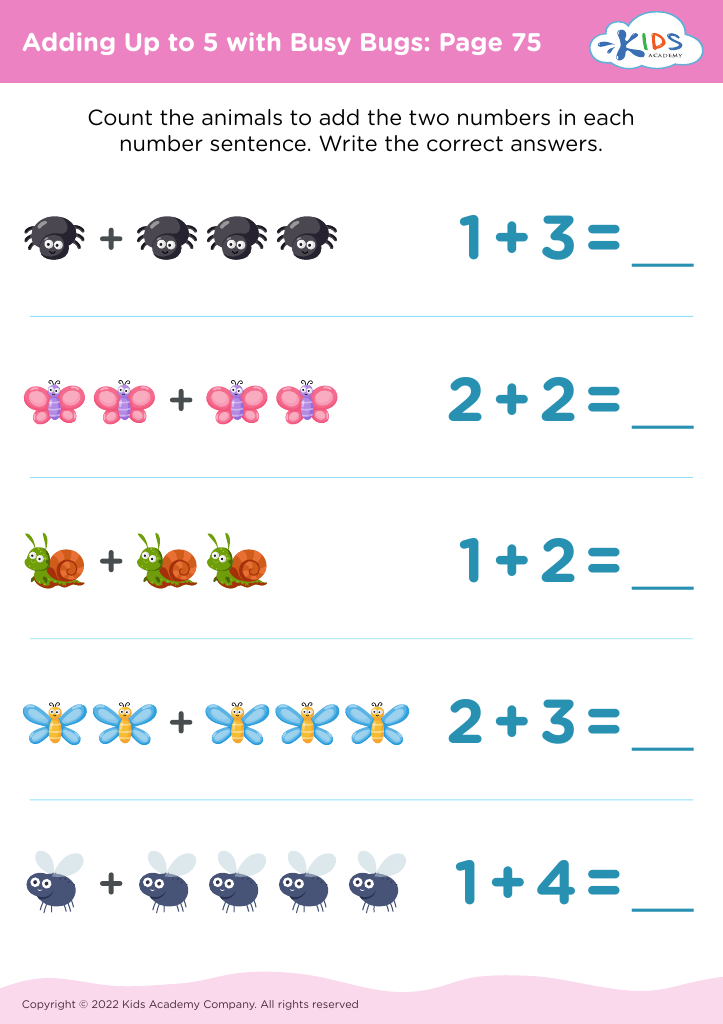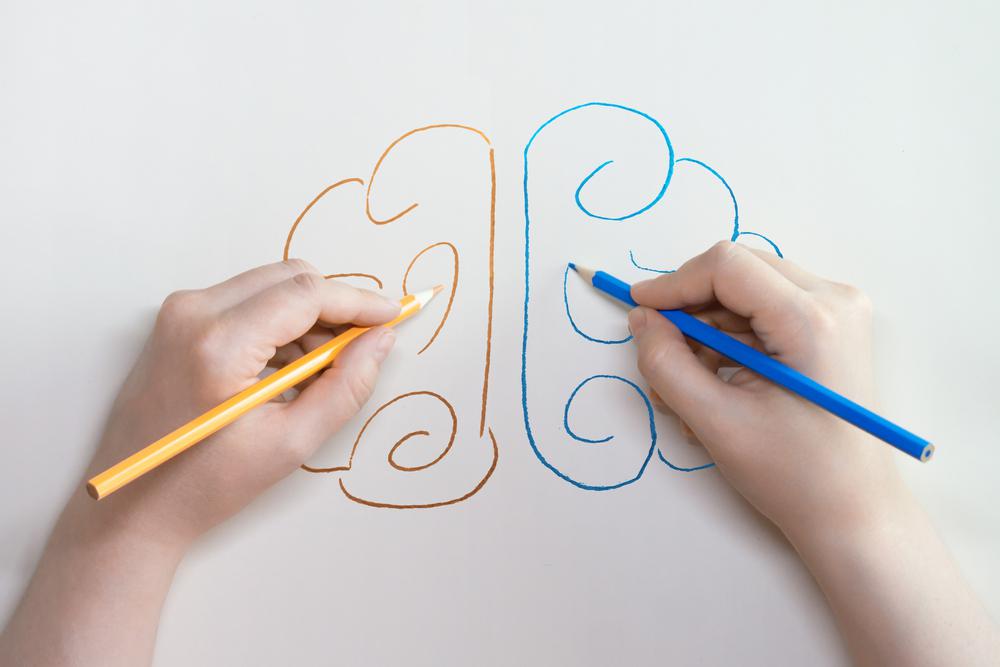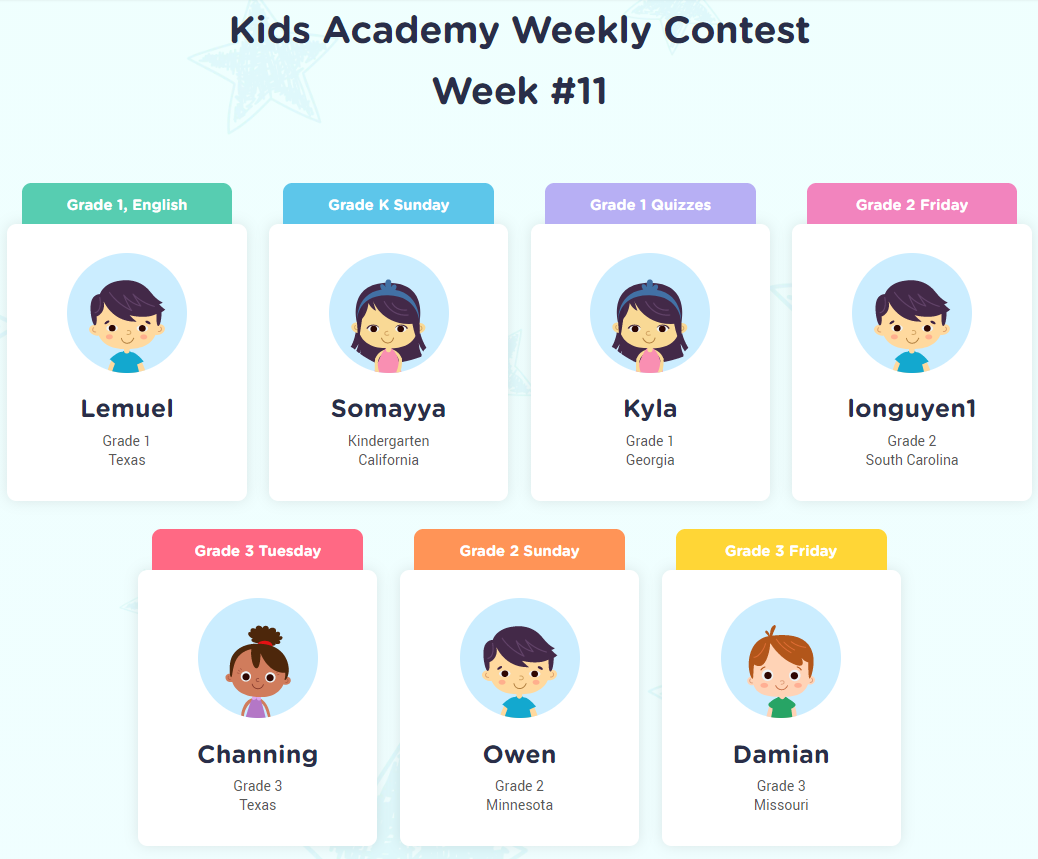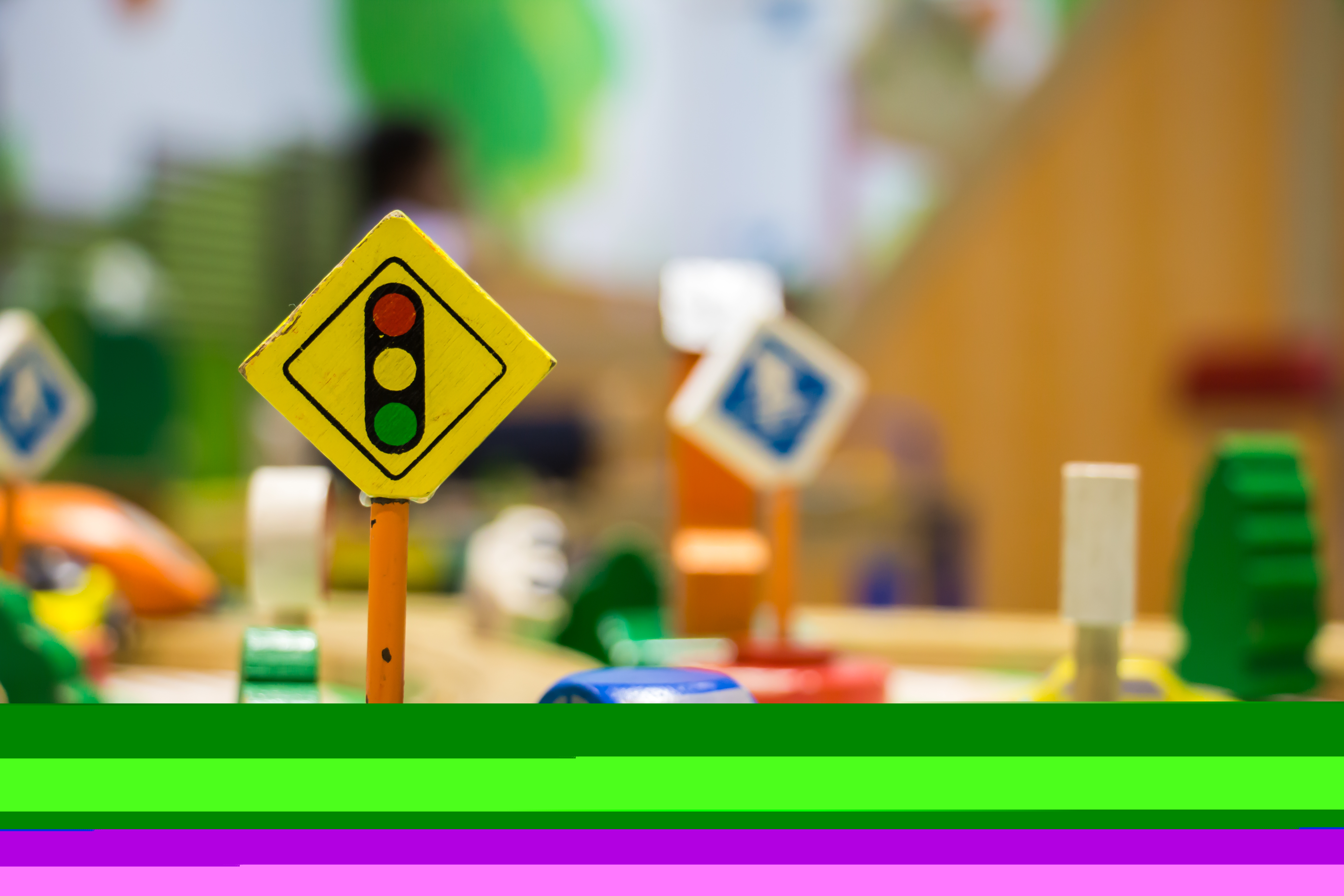Number counting Worksheets for Ages 3-5
3 filtered results
-
From - To
Welcome to our Number Counting Worksheets page for children ages 3-5! These engaging worksheets are designed to help young learners develop essential counting skills in a fun and interactive way. Each worksheet features colorful illustrations and age-appropriate activities that encourage counting, number recognition, and fine motor skills. Whether your child is just starting to learn numbers or needs practice, our worksheets provide a perfect resource. Enhance your child's early math skills and make learning enjoyable with our thoughtfully crafted materials. Download and print today for endless fun, exploration, and confidence building in understanding numbers!
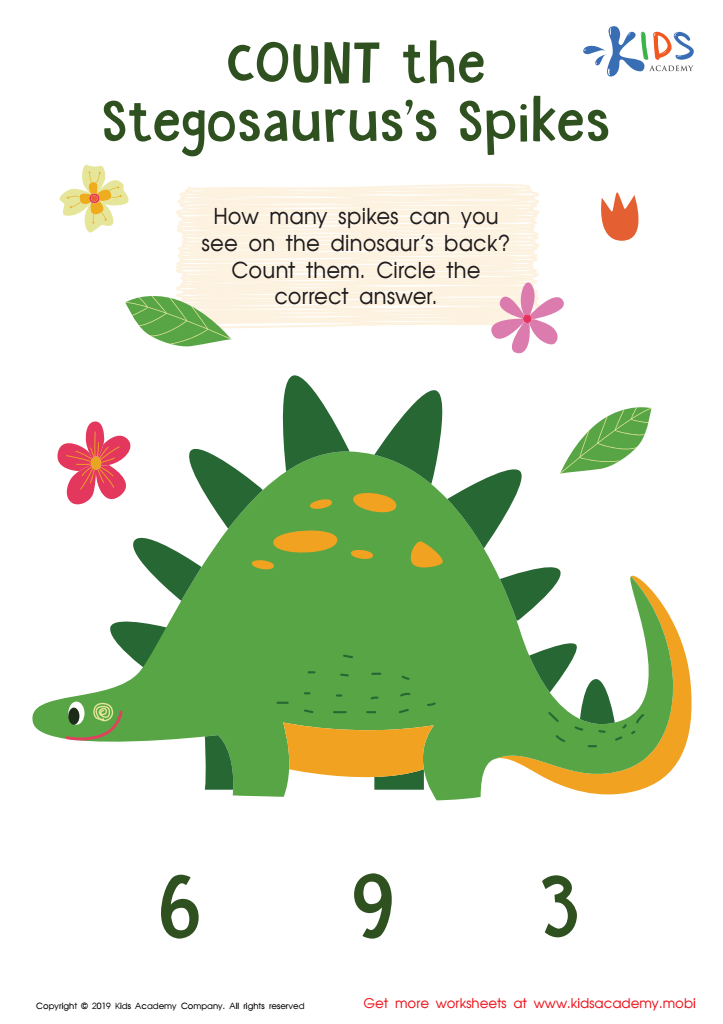

Count the Stegosaurus's Spikes Worksheet
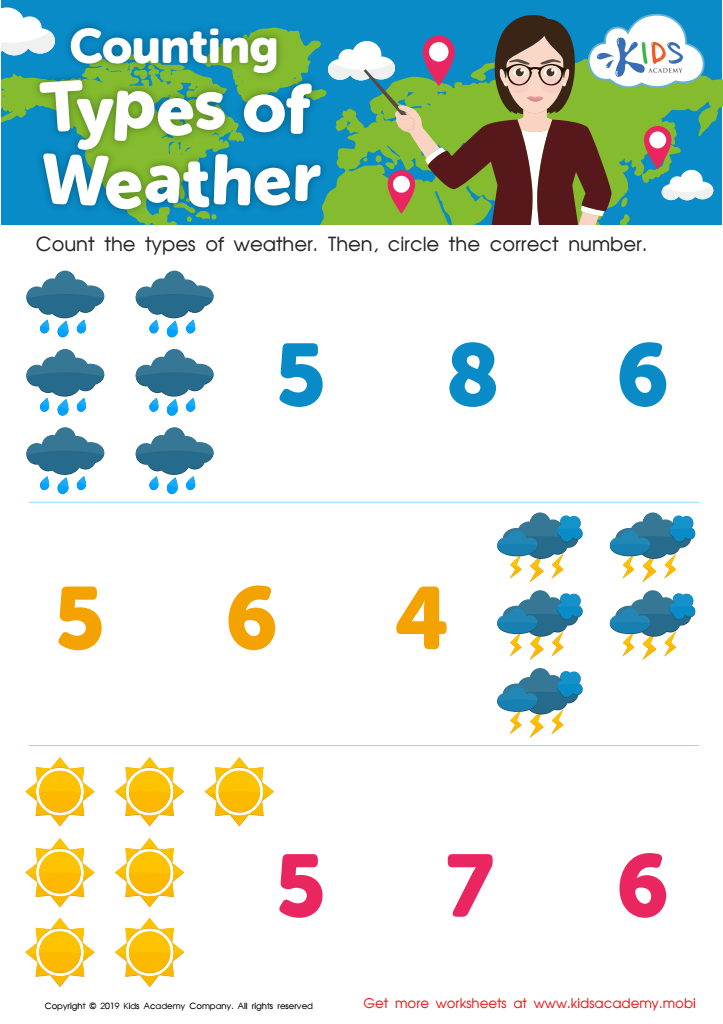

Counting Types of Weather Worksheet
Number counting is a foundational skill crucial for young children aged 3-5. At this stage, children are remarkably receptive to learning, and introducing them to the concept of counting lays the groundwork for future mathematical understanding. Learning to count fosters cognitive development, enhances memory, and encourages logical thinking. As children engage in counting activities, such as counting objects, they develop an early understanding of quantities and relationships between numbers.
Additionally, counting nurtures language development. As children articulate numbers, they expand their vocabulary and communication skills. Engaging in counting games promotes social interaction, enhancing cooperative play and sharing among peers.
Parents and teachers should also recognize that counting is not simply about numbers; it correlates with important life skills. Early numeracy skills are predictive of later academic success in mathematics, influencing overall educational outcomes. Furthermore, fostering a positive attitude toward math during these formative years can diminish math anxiety in the future.
In sum, promoting counting in this age group is vital. It supports holistic development across cognitive, social, and emotional domains. Parents and teachers play a key role in this process, providing stimulating environments and experiences that guide children’s mathematical journey early on.
 Assign to My Students
Assign to My Students
